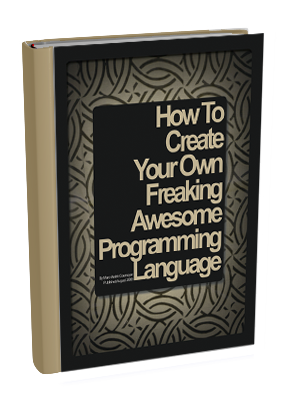How do you make time for side projects? Which ones should you choose? Here are some tips from the Buffer team plus all our side projects we’re working on!
Starting an online journey can be daunting, especially when staring at zero followers, zero likes, and zero comments. But what if we told you that you don't need an existing following to make a significant impact online? Meet Phil Agnew, a creator who started from scratch with the most difficult format possible – a podcast called Nudge – and has since built an engaged community around his content.
Building an online presence like Phill’s with a format like Nudge’s does not have the makings of an overnight success story. "It's a marathon, not a sprint. Consistency and patience have been my allies. It took time, but the community I've built is engaged and genuinely interested in what I have to offer," he shares.
In this article, we dive into Phill's tips and strategies that can help you grow an engaged audience from scratch.
How Phill uses his understanding of consumer behavior to create compelling content
When it comes to creating content that attracts and engages, Phill has a unique approach that sets him apart – curiosity about why we do what we do, also known as buyer psychology. His interest in the field sparked his journey as a creator, so he understands how to apply psychological principles to content creation. "You have to get into the consumer's head, understand their pain points, and then offer a solution that they didn't even know they needed," Phill says.
Phill believes that creating an emotional connection with the audience is crucial. "People don't just buy products – they buy feelings. If you can make someone feel seen or understood, you've won half the battle," he explains. This emotional resonance is what turns casual viewers into loyal followers. One principle that he uses to boost this connection with his audience is the “labor illusion” principle – giving a behind-the-scenes look at how much work went into what you’ve created to add authenticity and increase the work’s perceived value.
“Making something look "too easy" can hurt your content performance. It's why artists and creators often share their process or the "making of" their work. If people think you just snapped your fingers and something amazing appeared, they're less likely to appreciate the skill and effort that went into it. It's a fine balance, though. You don't want to make your process look so complicated that people think they could never achieve what you have, but you do want to show enough to earn their respect and admiration,” he explains.
Another one of the successful psychological triggers Phill often employs is the “Zeigarnik effect” also known as Fear of Missing Out (FOMO). Phill calls it the brain's "read more" button, explaining, “It's why TV shows have cliffhangers at the end of episodes and why articles often start with a provocative question or statement. It's all about creating that itch that the audience must scratch. And as content creators, we can leverage this to keep our audience engaged and coming back for more.”
"Creating a sense of urgency or exclusivity can drive engagement like nothing else," he says. Whether it's a limited-time offer or exclusive content, Phill leverages FOMO to keep his audience coming back for more.
Not all his experiments with psychology principles have succeeded, though, as he shared an interesting story about an experiment he ran with the “curiosity gap” principle on TikTok. He found that people might be super engaged on one platform but unwilling to jump to another, even if they're intrigued. It's a lesson in understanding the user journey and the commitment level required at each step. On TikTok, people are scrolling quickly and consuming content in bite-sized pieces. Asking them to switch to a 20-minute podcast is a big leap.
Developing content strategies to stay consistent and keep his audience engaged
The most effective strategy Phill mentioned is cross-promotion within the podcasting community. It makes sense; if someone is already a podcast listener, they're more likely to check out another podcast recommended by a host they trust. This is a classic example of "going where your audience is" rather than trying to pull them into a new space.
To keep up a consistent schedule, Phill keeps the adage, "Failing to plan is planning to fail," at the forefront of all his work. He elaborates, "I always have a content calendar that's planned out at least a month in advance. It takes the stress out of last-minute scrambles and ensures I'm always ahead of the game."
Another one of Phill's most effective strategies is batch content creation. "I dedicate specific days to content creation. On those days, I'll shoot multiple videos, write several articles, or record a bunch of podcasts. This way, I have a content reservoir to pull from," he explains.
He emphasizes providing value upfront, sharing that it works wonders. Whether it's a useful tip, an interesting fact, or a solution to a common problem, giving something valuable right at the beginning can hook the audience.
Some other evergreen tactics Phill employs include:
- The 80/20 rule: "80 percent of your results come from 20 percent of your efforts. Identify what's working and double down on it," he advises. This focused approach allows him to maximize impact while minimizing effort.
- Content automation: "I use various tools to schedule posts, analyze engagement, and even respond to comments. Automation frees up my time to focus on creating rather than managing," he says.
- Flexibility and adaptability: "The digital landscape is ever-changing. Being rigid in your approach can be detrimental. Always leave room for spontaneity and adaptability.”
Adopting collaborations to expand reach without diluting his brand
Navigating the world of social media collaborations and partnerships can be tricky, but Phill has managed to do so in a way that not only expands his reach but also stays true to his brand's core values. "Collaborations are like relationships; they have to be a two-way street," Phill says, emphasizing the importance of mutual benefit.
Phill is highly selective when it comes to choosing partners. "Not every opportunity is the right opportunity. You have to align with brands or individuals who share your ethos," he advises. This selectivity ensures that any collaboration he enters into feels organic and authentic to his audience.
One of Phill's key strategies is to leverage the unique strengths of each partner. "You bring something to the table that they don't have, and vice versa," he points out. This symbiotic relationship allows for a more impactful and wide-reaching collaboration that benefits both parties.
For Phill, transparency is non-negotiable when it comes to partnerships. "Your audience trusts you, and it's crucial not to betray that trust," he states. By being upfront about the nature of his collaborations, Phill maintains the integrity of his brand while still exploring new avenues for growth.
Phill is not in it for quick gains; he's looking at the long-term impact. "Quick wins are great, but sustainable growth comes from evolving partnerships," he says. By focusing on long-term relationships rather than one-off projects, Phill ensures that his collaborations add lasting value to his brand.
Using his day job as fuel for creative endeavors
Many creators struggle with the idea of maintaining a day job while pursuing their creative passions. The common notion is that one would drain the energy and time needed for the other. But Phill sees it differently. His day job as Senior Product Marketing Manager at Buffer (*wink wink) has not only provided him with a stable income but also enriched his skill set, which he directly applies to his content creation.
"My day job isn't a hindrance – it's a catalyst. It gives me the financial freedom and skills to invest back into my creative projects," explains Phill. He views his full-time role as a complementary experience rather than a conflicting one. The financial stability allows him to take risks and invest in better equipment, courses, and even collaborations that he might not have considered otherwise.
"Time management is key. I've found ways to make my day job and my passion for creating content coexist without sacrificing quality in either," Phill shares. Through meticulous planning, a suite of productivity tools, and intentional time blocking for content creation, his disciplined approach ensures that neither his job performance nor his content quality suffers.
He shared, "My day job has taught me how to approach problems strategically, and I apply the same principles to my content creation.” Working in a structured environment has honed his strategic thinking, which is evident in his well-planned content calendars, targeted audience engagement, and data-driven decision-making.
"Having a day job doesn't make you any less of a creator. It gives you a unique perspective that you can bring into your creative work," Phill emphasizes. He believes that the experiences and challenges faced in a professional setting can provide valuable insights that enrich your creative work, making it more relatable and grounded.
Conclusion
Through the lens of Phill's online journey, it's clear that the road to building an engaged audience is neither short nor easy. But it's a journey worth taking, filled with invaluable lessons, meaningful connections, and the kind of personal growth that can't be quantified.
"The biggest mistake you can make is not starting because you're waiting for the perfect moment or the perfect audience," Phill points out. "There's no such thing. Start where you are, use what you have, and do what you can. The rest will follow."
Phill emphasizes the importance of community in his journey. "Your audience isn't just numbers on a screen; they're real people. Engage with them, listen to them, and most importantly, value them. They're the reason you're here."
As for what's next, Phill is optimistic. "I've got big plans, and I know that the community I've built will be with me every step of the way. Because at the end of the day, it's not just about me; it's about us, growing and learning together."
Recommended Story For You :
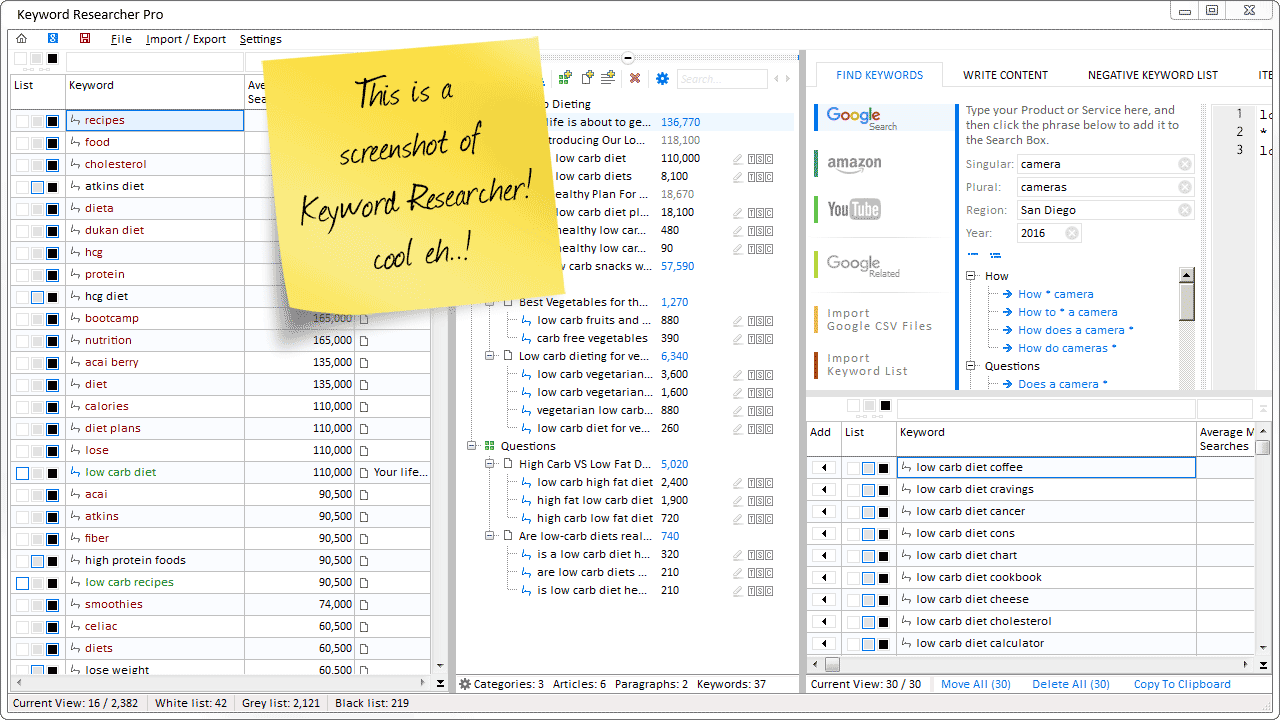
Organize Keywords and Import CSV Files from the Google Keyword Planner
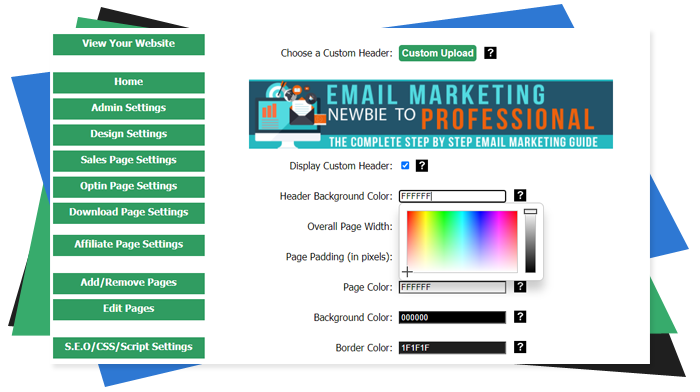
The Most Affordable And Easiest User Friendly Page Builder You Will Ever Use!

Instant WordPress Theme That Matches Your Website
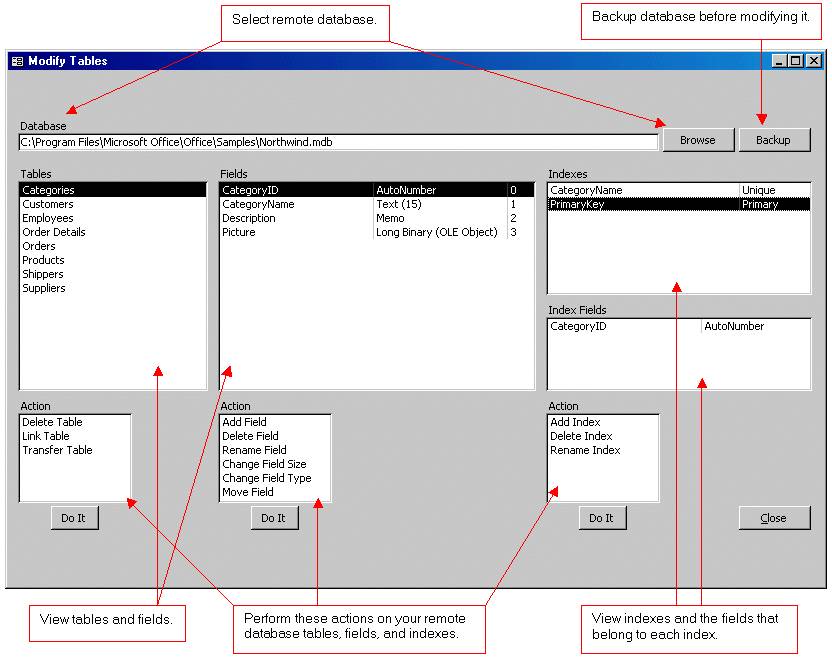
Wizard to Manage Remote Backend MS Access Database Tables Fields and Indexes
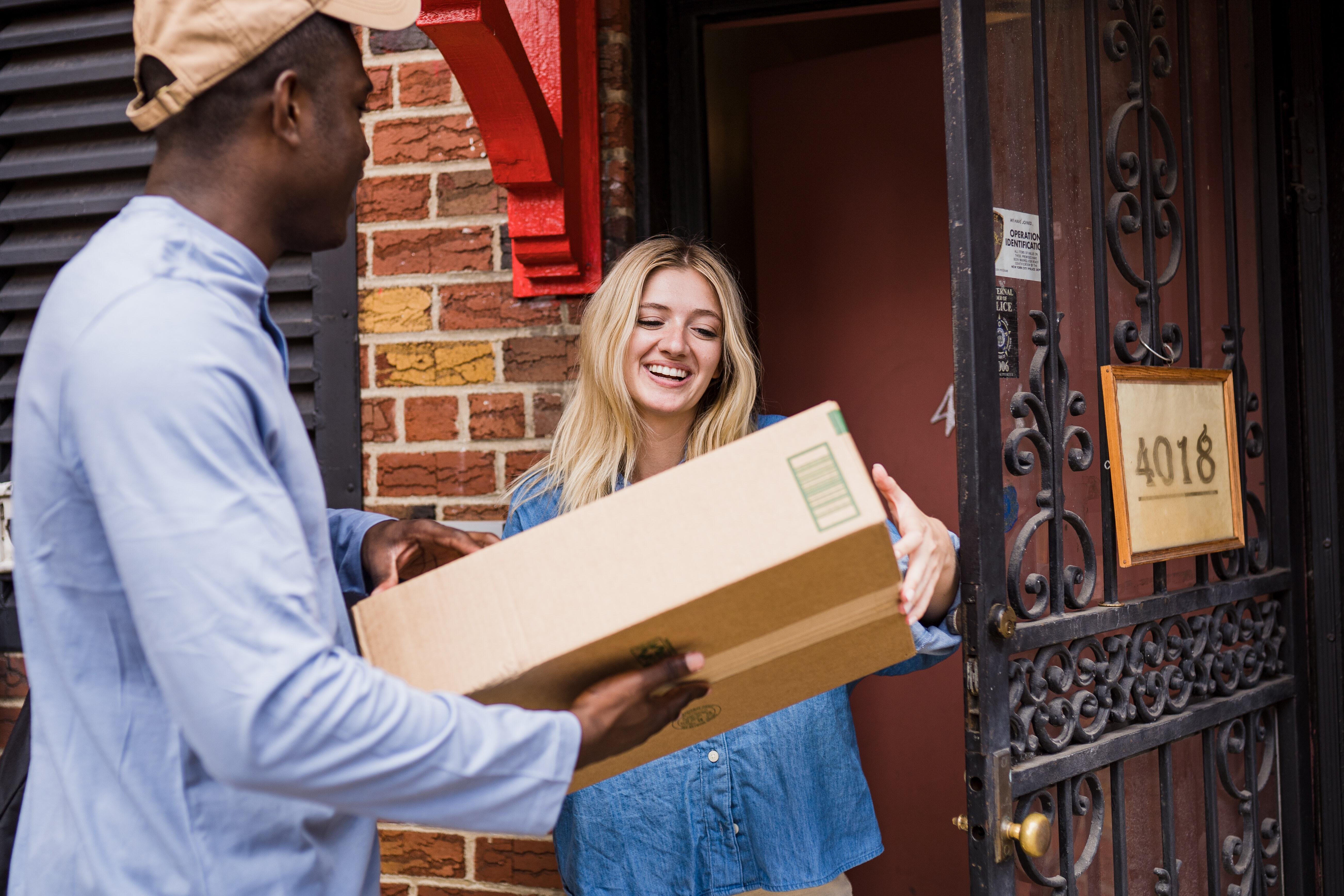
If you had an aisle-by-aisle grocery list wouldn't you spend less money on impulse items?
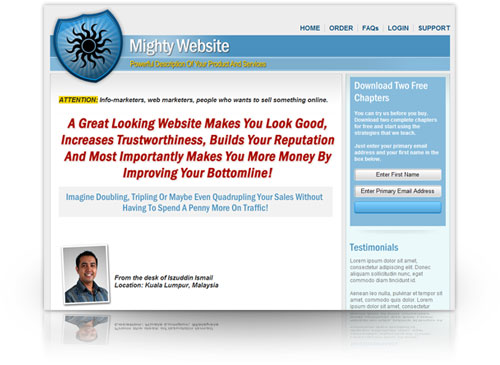
everything you need to create a professional corporate look mini-site is there.
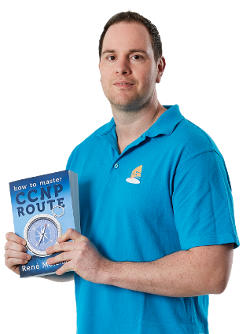
Unlock Your Networking Potential with GNS3Vault
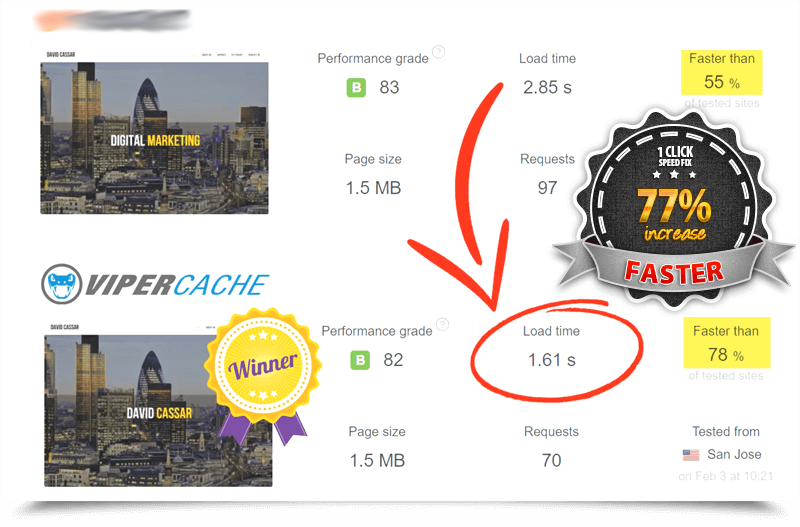
Viper Cache Was 77% Faster Than The Competetion

Understanding Stock Market Shorting eBook
